Historical Laboratory Projects
Diplomatic History (Samsa)
Diplomatic History
ORIGINS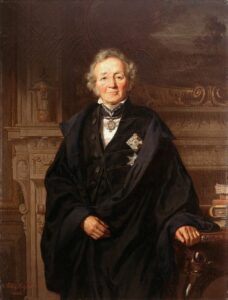
Similar to many other historical schools of thought, diplomatic history or international relations originate with the rise of a new stride in culture, in this case, the birth and rise of nationalism. This is made evident when understanding the reasons behind the creation of such a school of teaching. The origins of the house find their roots entrenched in the complex historical relationships between the nations of France and Germany. For this specified reason, it becomes clear when mentioning that the very first pioneers of the field were either natives or scholars from those previously listed nations. The most influential of these scholars was Leopold Von Ranke[1], a well-documented historian from Prussia who used this specific school of thought as a means of displaying
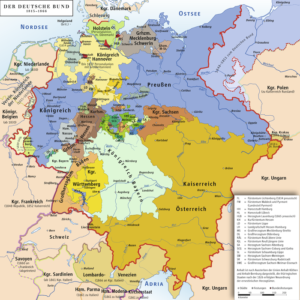 both the complex relationship held between the nations of France and Germany, but also as a means of accessing the more domestic diplomatic questions such as the relationships held between the individual Lesser German Kingdoms. Ranke was well known to frame this sort of approach by giving a certain amount of personality to nations, acting as if their diplomacy was equal to that of the relationships or conversations that might be held by ordinary people[2].
both the complex relationship held between the nations of France and Germany, but also as a means of accessing the more domestic diplomatic questions such as the relationships held between the individual Lesser German Kingdoms. Ranke was well known to frame this sort of approach by giving a certain amount of personality to nations, acting as if their diplomacy was equal to that of the relationships or conversations that might be held by ordinary people[2].
This methodology would later find a wider application with respect to the complex and dynamic nature of relationships during time periods with great world superpowers, most prevalently after the Cold War with respect to the triumph of The United States over the dissolved Soviet Union. The massive ability of any nation to project its influence gives way to a very complex system of international relationships, examples of this take form in The British Commonwealth, spanning almost the entirety of the former empire.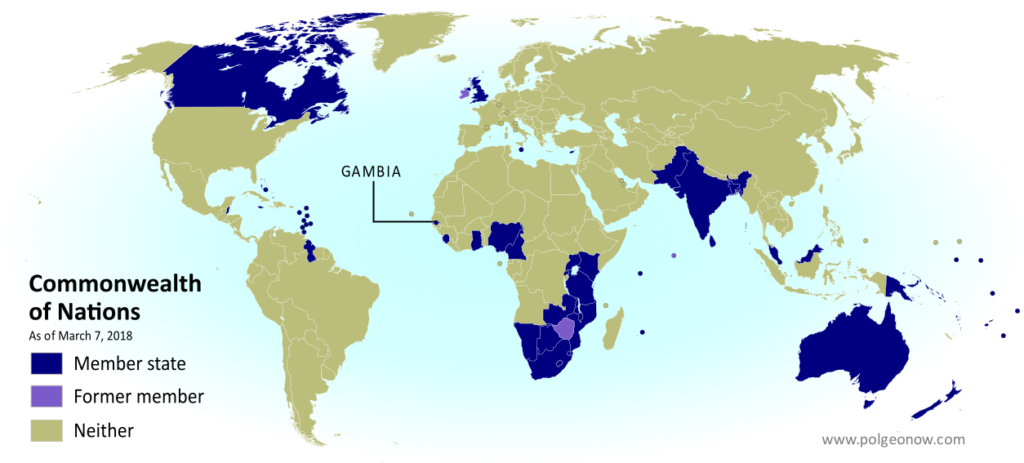
The House of diplomatic history has been in mass use ever since its conception, only losing interest very recently with the rise of critics who label the House as paradoxical in its all-encompassing components and use of more specific scenarios like those expressed by Ranke[3]. However founded or unfounded these claims may be, it is impossible to deny the prevalence and impact that this house has made on the modern understanding of history and international relations. Allowing for more simplistic and comprehensive models of the work which bring it to be enjoyed by much wider audiences, even with its perceived shortcomings. Along with a rich story in its origins, the House of Diplomatic History garners a plethora of main ideas and premisses that are also present in many other realms of historical thought.

MAIN IDEAS
The main points of this historical house pertain mostly to the favoritism it holds with respect to qualitative details versus quantitative factors[4]. Unlike other methods of historical study, diplomatic history relies mostly on the representation of descriptions and expressions of events rather than direct facts and figures. As expressed previously with the assignment of personalities to certain nations, it becomes understandable as to why such a field cannot be measured numerically. Personalities assigned to nations sometimes represent stereotypes that fall under the realm of propaganda.
This notion was often expressed and utilized during times of war where certain nations or peoples were portrayed diplomatically as barbarians or other uncivilized raiders. Another key ideal of this historical house relates to the idea of “Presentism” which expresses the idea that all events of an exemplary nation’s individual history are important when accounting for their contemporary diplomatic standings. The actions and stances of nations in history, such as picking sides during large wars or other conflicts set a precedent in expected action which shapes a sort of diplomatic reputation for a nation and what sort of actions are expected to be taken on their behalf. These momentous decisions show how large, more empire-like, nation-states are susceptible to these applications given the impact that any given action that they may take will have on a global scale.
EXEMPLAR HISTORIAN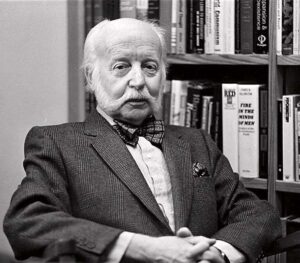
One historic historian who embodies the ideals and characteristics presented in the House of diplomatic history is Gordon A. Craig for his work on modern American diplomatic relations on the basis of the nation’s unique history. Craig tracks the diplomatic reputation of the United States from the time of the First World War through landmark diplomatic events such as the entrance of the nation into WWII, The Suez Canal Crisis, The war in Vietnam, and the conflicts in the Middle East. It becomes evident throughout Craig’s writings how the modern United States embodies the preconceived idea of a world and by extension diplomatic, superpower.
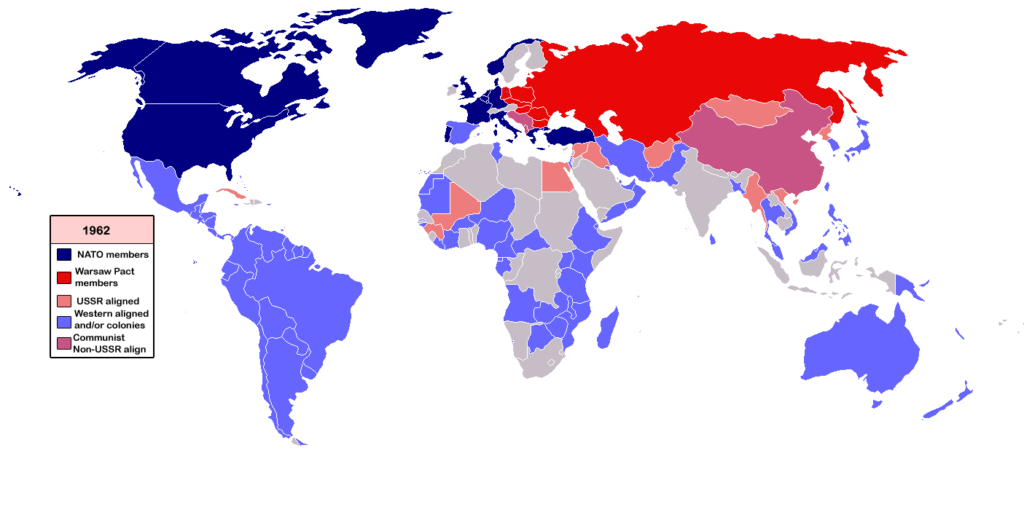
By utilizing a wholistic yet situationally specific approach in his writing, Craig embodies the apparent paradoxical nature that is assigned to the House of Diplomatic History by its critics. He expertly uses a combination of large-scale world initiatives and happenings along with smaller micro-level events such as local politics as a means of expressing how the diplomatic ideologies of nations developed over time. Through his specific means of interpreting the information of a nation’s past diplomatic relations, Craig and other historians of this House give way for a more complete and expressive understanding of contemporary international politics, showing how the actions and relationships of a country’s past truly affect its standings for the future.
Images Cited Chronologically:
Schrader, Julius. “Portrait of the Historian Leopold Von Ranke – Julius Schrader.” Gallerix.ru. Accessed May 5, 2023. https://gallerix.org/storeroom/449667/N/1636/.
“List of Historic States of Germany.” Wikipedia. Wikimedia Foundation, February 5, 2023. https://en.wikipedia.org/wiki/List_of_historic_states_of_Germany.
“What Are the Commonwealth Countries? Map of the Commonwealth of Nations.” Political Geography Now. Accessed May 5, 2023. https://www.polgeonow.com/2017/05/map-commonwealth-who-belongs-to-it.html.
Renwick, David. “A Beginner’s Guide to Qualitative and Quantitative Research.” Optimal Workshop, February 20, 2023. https://blog.optimalworkshop.com/a-beginners-guide-to-qualitative-and-quantitative-research/.
Hoge, Patrick. “Gordon A. Craig — History Professor.” SFGATE, January 18, 2012. https://www.sfgate.com/bayarea/article/Gordon-A-Craig-history-professor-2596518.php.
“Cold War.” Wikipedia. Wikimedia Foundation, May 4, 2023. https://en.wikipedia.org/wiki/Cold_War.
- Craig, Gordon A. “The Historian and the Study of International Relations.” The American Historical Review 88, no. 1 (1983): 1–11. https://doi.org/10.2307/1869342. ↵
- Craig, Gordon A. “The Historian and the Study of International Relations.” 4. ↵
- WIC. “Responses to Charles S. Maier, ‘Marking Time: The Historiography of International Relations.’” Diplomatic History 5, no. 4 (1981): 353–82. http://www.jstor.org/stable/24911283. ↵
- Craig, Gordon A. “The Historian and the Study of International Relations.” 7. ↵
